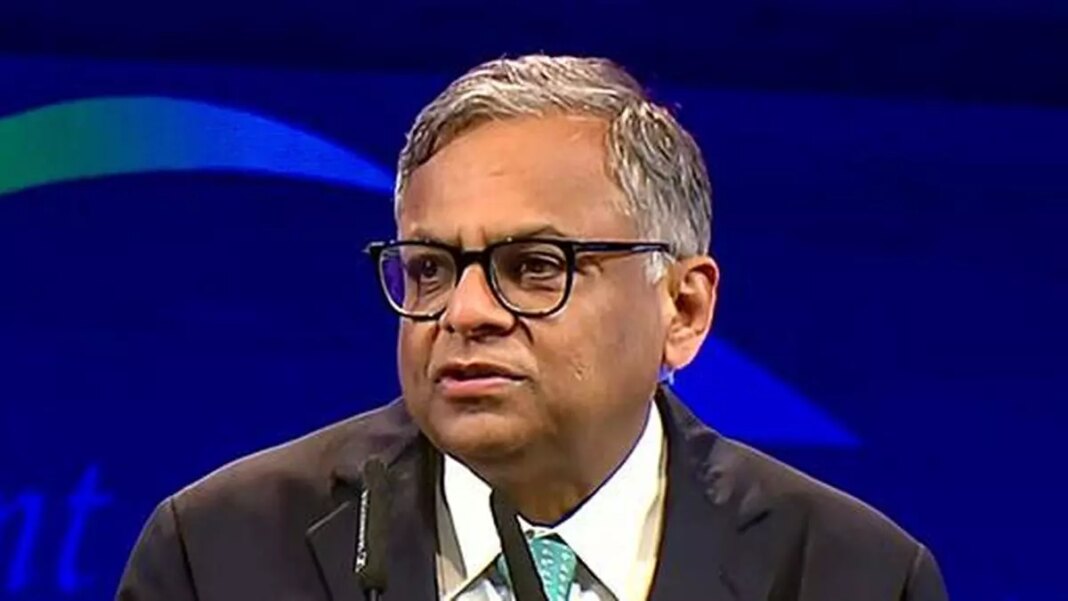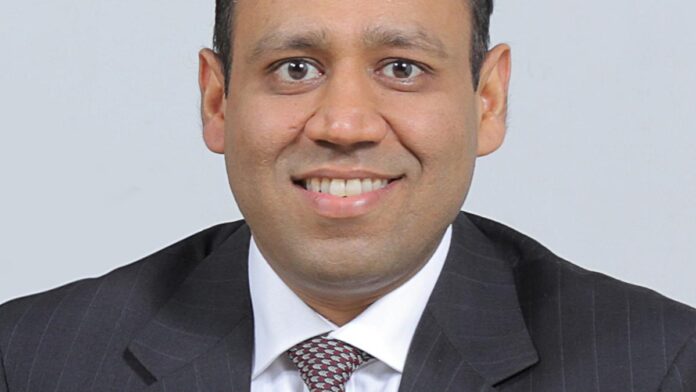In Short:
Tata Motors aims to grow its position in the Indian passenger vehicle market, with a revenue increase of 8.4% in FY24. They plan to invest in products and technology to stay competitive, improve customer experience, and focus on electric vehicle launches and market development. Additionally, they will focus on reducing the volatility of commercial vehicle sales through linked businesses. JLR also saw financial stability and plans to invest in providing a better customer experience.
Tata Motors Aims to Strengthen Position in Passenger Vehicle Market
In an exciting announcement, N Chandrasekaran revealed in Tata Motors’ annual report that the company is gearing up to seize growth opportunities and solidify its position in the domestic passenger vehicle market. The company reported an impressive revenue of ₹4,37,928 crore in FY24, marking an 8.4% increase compared to the previous year, with annual sales of 5,73,541 passenger vehicle units.
Driving Towards 5 Million Vehicle Sales
Looking ahead, Chandrasekaran expressed confidence in India surpassing the 5 million vehicle sales milestone in the passenger vehicles segment over the next few years. With the country’s vehicle penetration standing at approximately 30 vehicles per 1,000 people, there is ample room for growth. Tata Motors’ passenger vehicle business is committed to investing in innovative products, advanced platforms, electrical and electronic systems, and cutting-edge vehicle software to stay ahead of the competition. Moreover, the company is determined to enhance customer experience and elevate product quality.
N Chandrasekaran emphasized, “Our EV business will focus on increasing market penetration through a series of product launches, market expansion initiatives, bolstering charging infrastructure, and introducing attractive features to captivate consumers.”
Commercial Vehicles Business Strategy
In addition to its passenger vehicle initiatives, Tata Motors is gearing up to enhance its commercial vehicles business strategy. By focusing on vehicle parc linked businesses such as spare parts, digital solutions, and smart mobility offerings, the company aims to reduce the volatility associated with commercial vehicle sales. The commercial business raked in ₹78,791 crore in revenue in FY24.
JLR Hits Financial Milestones
Chandrasekaran also shared that Jaguar Land Rover (JLR) achieved remarkable financial stability in FY24, boasting its highest-ever revenue of £29 billion. He emphasized JLR’s commitment to investing in cutting-edge products, advanced platforms, and top-of-the-line in-cabin experiences to cater to its discerning clientele.
The company showcased a significant increase of 45.1% in R&D spending during FY24, with a total expenditure of ₹29,398 crore as compared to ₹20,265 crore in the previous fiscal year.
Furthermore, with the upcoming demerger, Tata Motors aims to leverage synergies across its passenger vehicle and electric vehicle segments, as well as JLR’s expertise in electric cars, vehicle software, and autonomous vehicles.





